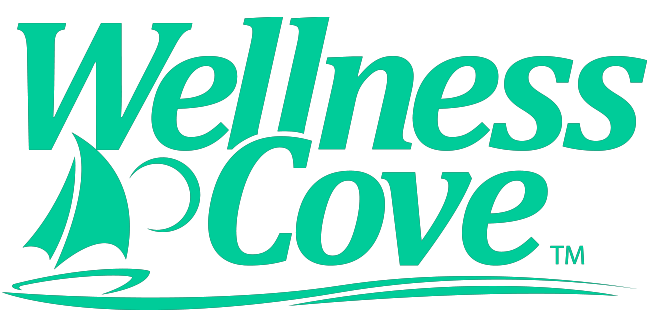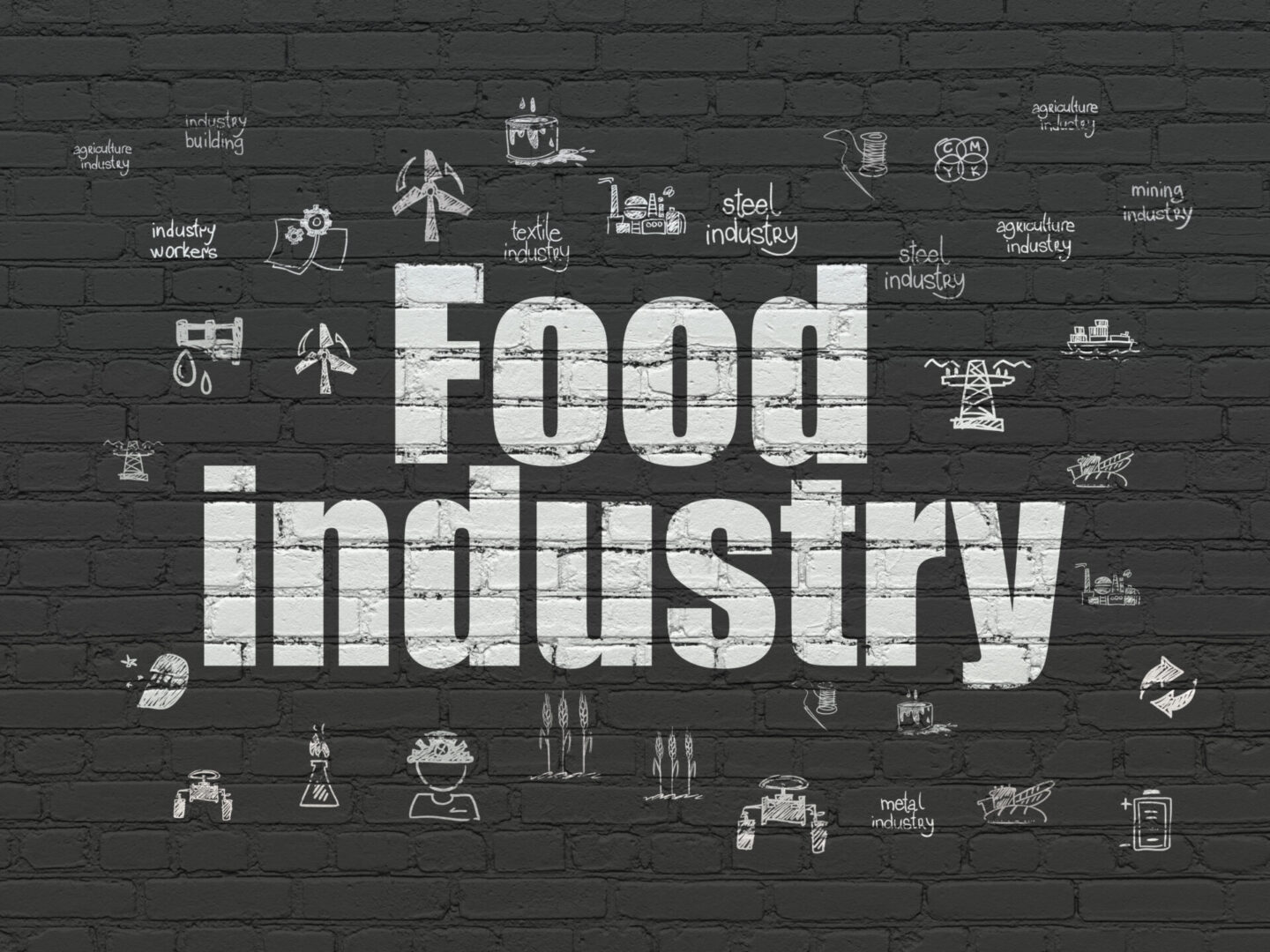
2025: The Year of Reckoning for the Food Industry
Our Health Care Crisis
Our country has a health care crisis and what we eat is at the heart of the problem. In the US, we live in a culture dominated by processed food, which comprises 60% of our diet on average. Food manufacturers intentionally create “food” that is addicting, convenient, and geared for overconsumption. The food industry’s goal is profit. Clearly, they are not interested in your health or your child’s health. However, thanks to Dr. Casey Means new book, Good Energy, the problems with processed food are back in the spotlight.
Here are the problems with processed foods. First, they are addicting because these foods are rapidly digested and thus affect our brains almost immediately. When we eat junk food, specific areas of our brain release dopamine, which gives us pleasure, so we want more. Think of the rat pushing the lever and getting a reward. The food industry has studied this intently. They know what they are doing. Once we are addicted, it is no surprise that we want to eat constantly.
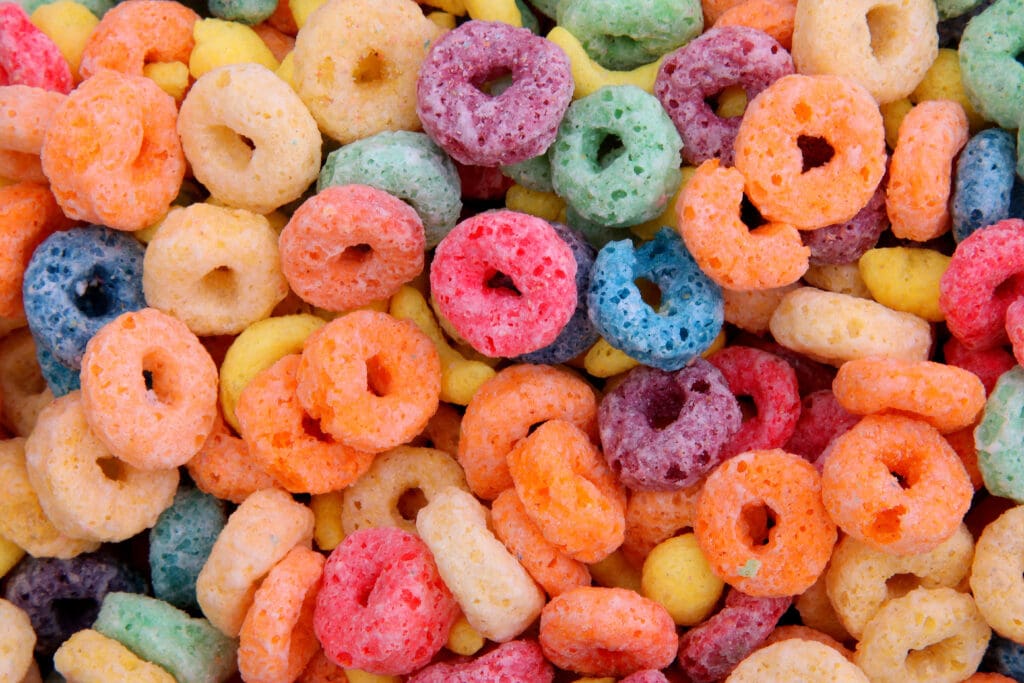
In addition to being addicted to processed food, there are other reasons for our non-stop eating. It is convenient. Just open the bag, and you are good to go. Preparing real food takes time and effort. More importantly, we eat constantly because our bodies crave nutrients that are unavailable from junk food. In addition, the high sugar content of the food creates glucose spikes followed by glucose dips, which make us hungry. Processed food trains our taste buds to expect high sugar, salt, and fat. Processed food changes our gut microbiome, which sends a signal to the brain: I like this: eat more of it. Now we are all in. The problem is that this eating addiction is killing us.
But here is the good news. If you eat real food, your taste buds no longer demand ridiculous amounts of sugar and salt. If you eat real food, you change the microbiome in your gut to send signals to your brain to eat more of this delicious, nutritious food. If you eat real food, you supply your cells with the nutrients they need, so they no longer send signals to keep eating, hoping to get what they need. And, if you slow down and eat mindfully, you will feel full sooner and not overeat. You will also actually taste and enjoy your food.
Nutritional Chaos

Understandably, you may think that “just eating real food” is easier said than done. All of the “experts” are telling you something different. Recommendations are constantly changing. Butter was bad until it was good. Much of the nutritional advice that you have received has been dead wrong. For example, the push for a low-fat diet, which began in the late 1970s, has resulted in an epidemic of obesity and diabetes. You have gotten a lot of terrible advice. So, who should you listen to? The answer is Michael Pollan.
Michael Pollan
Michael Pollan is an award-winning author and journalist. In a 2007 magazine essay, he said we should “Eat food. Not too much. Mostly plants.” He emphasized this again in 2008 in his #1 New York Times Bestseller, In Defense of Food.” Despite all the nutritional chaos and confusion, almost 20 years later, Michael Pollan is still correct. Despite all the controversy in nutrition, no one is disputing these three recommendations. We will briefly look at each of these, which seems a good place to start our journey to better health.
Eat Food
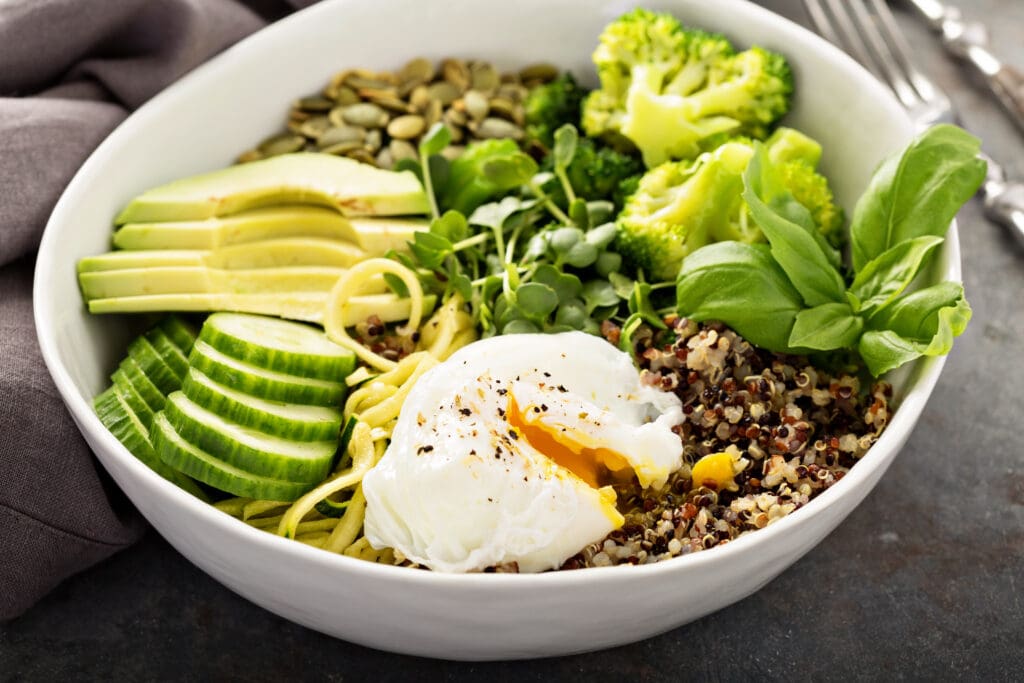
When Michael Pollan said, “Eat food,” he meant that we need to eat real food, not processed food. He notes that processed food and ultra-processed food are not even worthy of being called food. We have already discussed the problems with processed food. So, what is real food? Real food does not come in a box or a bag. It does not have a label or advertising on it. The fruits and vegetables in the produce section are real food. That is why when you go grocery shopping, you should spend 80% of your time there. Real food includes nuts, seeds, beans, whole grains, and legumes. Unprocessed meat and eggs are also real food. Stop eating processed food if you do nothing else to improve your health this year. The catch is that to do that, you will have to cook. Yes, you will need to get in the kitchen, get messy, and start learning to cook again.
Not Too Much
Not overeating is closely related to the first principle, “eat food.” We have already learned that processed food is why we overeat. It is not that we are lazy or have no willpower. The food industry has simply accomplished its goal. But now, it is up to you to take control back. It’s time to get in the game. Eating less is a lot easier than you might think. Start by cutting out the processed food. Reasonably quickly, your gut microbiome will change, and you will no longer crave junk food. Likewise, your taste buds will change, and you will not expect ridiculous amounts of sugar and salt in your food. In addition, real food, like vegetables and fruits, has lots of fiber, which is healthy for the gut microbiome and makes you full. These foods are also nutrient-dense, so your cells finally get what they need to function normally. Once you are off the processed food, you will also feel better mentally and physically, making it harder to return to your old ways.

Mindful eating is another way to learn to eat less. By slowing down when we eat, we realize sooner that we are full. It also allows us to taste and enjoy our food. We have listed two references for mindful eating below. However, here is a brief example of eating mindfully. Before your meal, ask yourself, “Am I hungry? Why am I eating? Who am I with? What environment am I in? Before taking your first bite, ask, “What does the food look and smell like? Where did the food come from? Next, slowly eat and taste your food. Know that it is nourishing your mind and body. Be grateful for the food and the farmer who made it. At the end of your meal, ask yourself, ‘Am I satisfied?”
Mostly Plants
Finally, why should we eat mostly plants? To answer this question, let’s take a crash course on nutrition. The purpose of food is to provide your cells with the nutrients they need to function normally. Her is what your cells need. They need protein, which provides the amino acids they need to make proteins like insulin. They need carbohydrates for energy. They need fat for energy, for making hormones, and as an essential component of the cell membrane. Cells also need vitamins, minerals, and trace elements to function normally.
What cells don’t want is too much of anything. Too much protein is converted to fat, and results in oxidative stress. Oxidative stress is a normal result of our metabolism, but too much of it results in aging and chronic disease. Finally, cells do not want too much inflammation, which results in many of our chronic diseases, including diabetes, arthritis, and Alzheimer’s Disease.
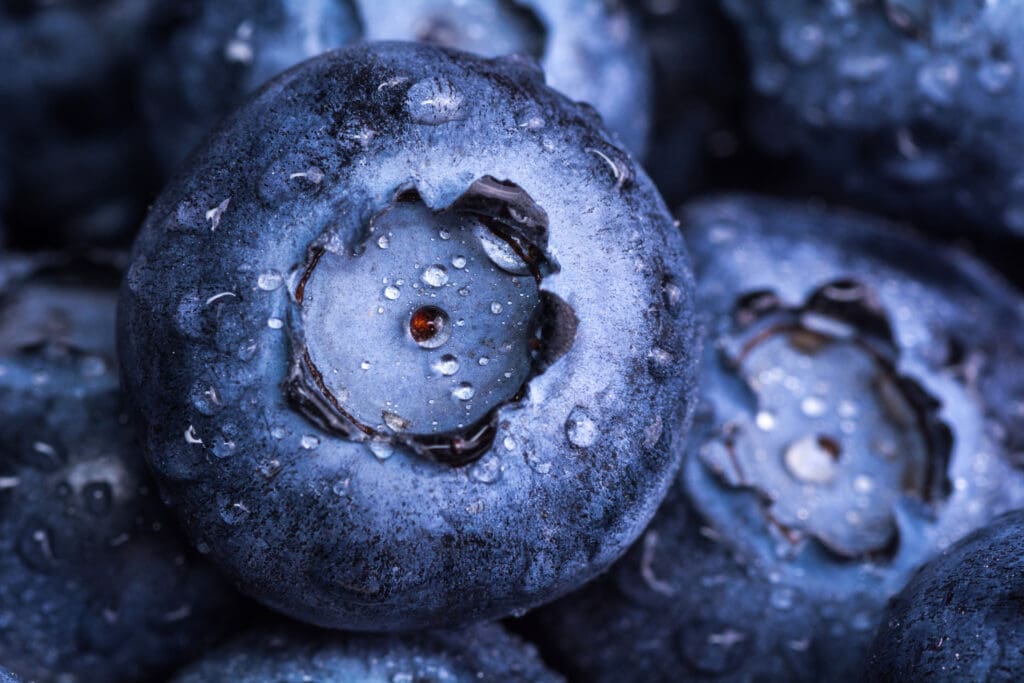
With this background, it is easy to understand why plants provide the nutrients our bodies need without creating excessive oxidative stress or inflammation. Plants are nutrient-dense and are loaded with vitamins, minerals, and trace elements. They are loaded with antioxidants, which lower oxidative stress. Plants also contain phytonutrients, chemicals in plants with specific health benefits. For example, blueberries have anthocyanins, which give them their color and have impressive benefits for the brain. Green tea has catechins, which have antioxidant and anti-inflammatory properties. Plants are also loaded with fiber, which feeds our microbiome and makes us feel full. Plants, if prepared correctly, are also delicious. A plant-based diet includes vegetables, fruits, nuts, seeds, whole grains, beans, and legumes. It is no surprise that the populations in the Blue Zones, where many live to be over 100 years old, eat largely a plant based diet.
Summary
- Just like Michael Pollan said, “Eat food. Not too much. Mostly plants.
- Start grocery shopping thoughtfully, cooking passionately, and eating mindfully.
- Make nutrition, which has everything to do with your health, a priority in 2025.
References:
Ultra-Processed People: The Science Behind Food That Isn’t Food by Chris van Tulleken
Metabolical: The Lure and Lies of Processed Food, Nutrition, and Modern Medicine. by Robert H Lustig
Sugar, Salt, Fat: How The Food Giants Hooked Us by Michael Moss.
Mindless Eating. Why We Eat More Than We Think. by Brian Wansink, Ph.D.
How To Eat. by Thich Nhat Hanh
Savor: Mindful Eating, Mindful Life. by Thich Nhat Hanh and Lillian Cheung, MD
Author: Christopher S. Dickson, MD
